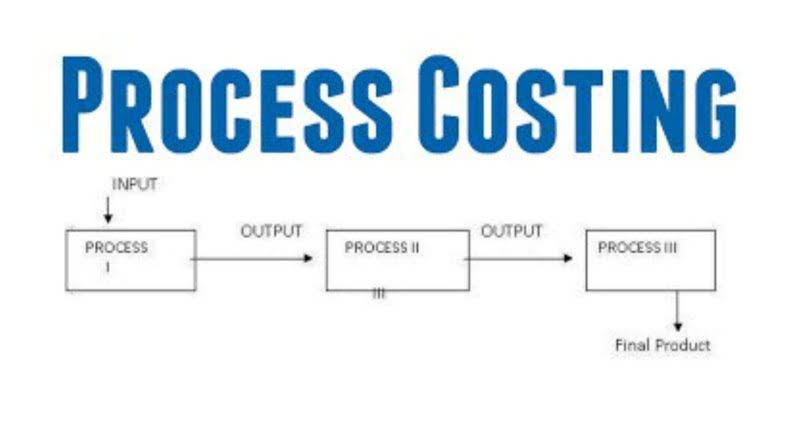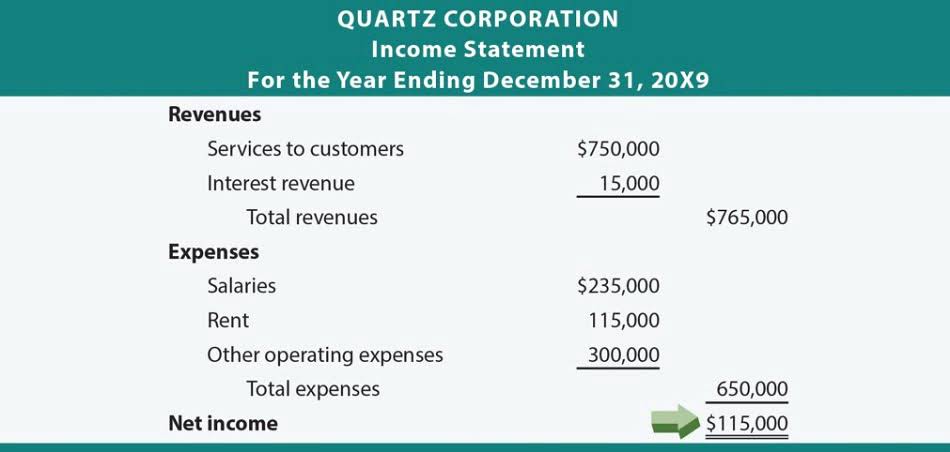
If you’re working with clients, accountants or other advisers, you can easily grant access to your accounts with cloud based accounting software. A cloud accounting solution, like FreshBooks, can bring your financial records and traditional accounting systems into the future by giving your business the tools needed to grow and compete. Using a cloud accounting meaning cloud-based accounting program makes it easier for you to collaborate with your accountant.
Cloud in Financial Management
AR represents money owed to a business by customers, while AP reflects money owed to suppliers. Both are critical for managing cash flow, ensuring financial stability, and supporting business growth through effective strategies and technology. Users can get access to the software applications through the internet or other networks by using a cloud application service provider. There is no need for a company to set up separate PCs with software because everyone in the organization can access the cloud on their own devices with cloud-based software. Xero is a cloud-based accounting software dedicated to small and medium-sized businesses. In this article, you will learn everything you need to know about cloud accounting including the best cloud accounting software options and the reasons your company should use cloud accounting.

Secure sharing of data

With a cloud platform, much of this reconciliation process can be automated and time saved. Cash flow forecasting projects your current financial data forward in time, to predict your cash position in the future, aiding business decision-making. When transitioning to cloud accounting, retained earnings businesses may have concerns or reservations.

Cloud vs. On Premises Software
You can access your key business numbers from any location as long as there is the internet. Freshbooks is a cloud accounting software founded in 2003 and is currently trusted by over 30 million freelancers, self-employed professionals, and businesses worldwide. Your company should use cloud accounting Partnership Accounting if it operates a remote workforce model. Cloud accounting helps you leverage the benefits of working remotely which includes flexible working.
- Online accounting software performs the same functions as desktop or traditional accounting software.
- Machine-learning algorithms become smarter over time as they process more information and can sometimes make decisions independently.
- Ensuring data privacy and security is paramount for businesses when using cloud accounting software.
- It’s also important to research the software provider and ensure that they have a good reputation in the industry.
- The cloud accounting market is a busy one, with a range of different providers to choose from.
There are cash flow forecasting apps, online invoicing apps, industry-specific project management tools and a host of other practical solutions to choose from. These tools enable you to further save time, reduce resourcing costs, identify problems further in advance, and generally ease the pain of unnecessary admin that’s weighing you down. By keeping your bookkeeping and bank reconciliation up to date, you can achieve real-time reporting. Instead of looking at historical reports that are days, weeks, or even months out of date, you have an instant overview of the company’s current financial position. This real-time overview is vital when looking at your cash position, planning future spending and when making big financial and strategic decisions as a management team. Furthermore, AI and machine learning can automate data processing and reporting, reducing the risk of human error and improving overall accuracy.
Difficulty Getting Real-time Data
- Blockchain technology is transforming accounting by introducing unprecedented transparency and security.
- Cloud accounting also takes advantage of cloud computing technology, which allows for the efficient processing and storage of large amounts of data.
- Making Tax Digital (MTD), the UK government’s move to digital tax accounts, requires mandatory digital record-keeping and tax returns.
- Choosing the right cloud accounting software is crucial for businesses looking to streamline their accounting processes and improve financial management.
- Cloud accounting software is a form of accounting software that allows you to connect your accounting to the cloud.
- You might wonder how secure your financial data is on a cloud-based system.
Cloud accounting systems often have built-in tools to organize workflows and automate processes. Automation and advanced algorithms in cloud accounting significantly enhance accounting accuracy. Collaboration is part of the core features cloud accounting platforms sell, and with a world that doubles between virtual and physical working spaces, cloud accounting solutions are a huge plus. Cloud accounting is a web-based software that allows businesses to store their critical financial data on the cloud. The data can be accessed remotely from anywhere using a device with an internet connection. Using cloud accounting software can allow businesses to enjoy accurate and timely data insights.

Integration increases the capabilities of your accounting software and makes tasks easier for your accountants. This is easier for cloud accounting solutions as many can be connected with other online solutions. The integration capabilities of cloud accounting software platforms vary from product to product. Users can access the software applications via the internet or other networks via a cloud application service provider.
- Cloud accounting systems use web-based interfaces that allow users to interact with the software through a web browser.
- Cloud accounting is a system that uses cloud technology to store and process financial information.
- With a multi-tenant SaaS cloud accounting solution, multiple companies share the same infrastructure on the public cloud.
- Technical issues such as connectivity problems or software compatibility can also arise.
- One of the key advantages of cloud accounting software is its accessibility and ease of use.
- With cloud accounting open APIs, you can add popular third-party tools such as project management tools, warehouse management software tools, and inventory management software tools.
With cloud accounting software, businesses can easily add or remove users and adjust their storage and processing capabilities as needed. This flexibility allows businesses to scale their accounting capabilities in line with their growth, without the need for significant investments in hardware or software upgrades. Cloud accounting provides businesses with scalable solutions that can adapt to their changing needs. Choosing the right cloud accounting software is crucial for businesses looking to streamline their accounting processes and improve financial management. Cloud technology is redefining financial management by offering businesses flexibility and agility in handling their operations.
